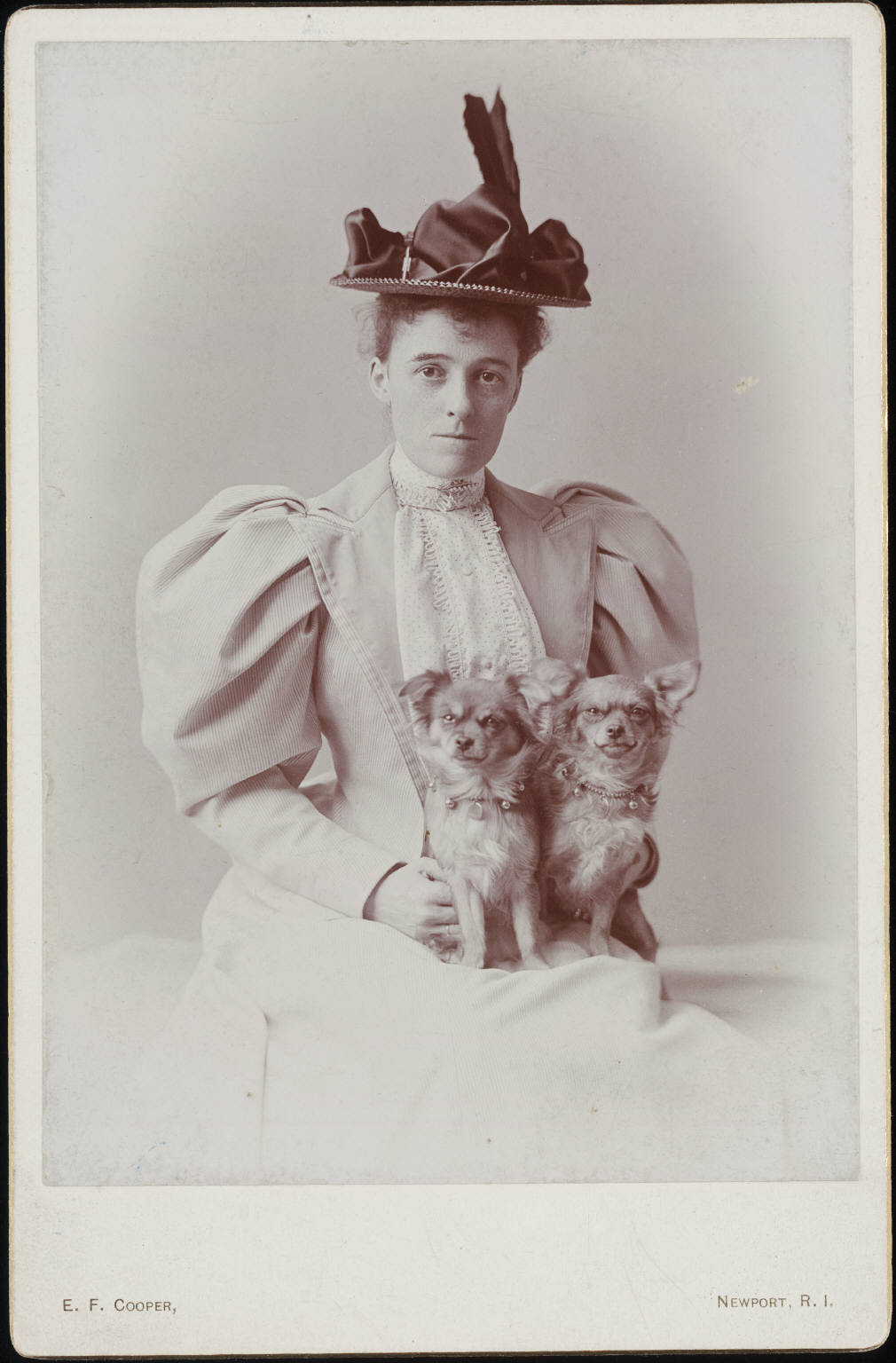After all, one knows one's weak points so well, that it's rather bewildering to have the critics overlook them and invent others.

"Edith Wharton" was a Pulitzer Prize-winning American novelist, short story writer, and designer. She was nominated for the Nobel Prize in Literature in 1927, 1928 and 1930. Wharton combined her insider's view of America's privileged classes with a brilliant, natural wit to write humorous, incisive novels and short stories of social and psychological insight. She was well acquainted with many of her era's other literary and public figures, including Theodore Roosevelt.
If you enjoy these quotes, be sure to check out other famous writers! More Edith Wharton on Wikipedia.Old age, calm, expanded, broad with the haughty breadth of the universe, old age flowing free with the delicious near-by freedom of death.
Art is on the side of the oppressed. Think before you shudder at the simplistic dictum and its heretical definition of the freedom of art. For if art is freedom of the spirit, how can it exist within the oppressors?
There are two ways of spreading light: to be the candle or the mirror that reflects it.
I wonder, among all the tangles of this mortal coil, which one contains tighter knots to undo, and consequently suggests more tugging, and pain, and diversified elements of misery, than the marriage tie.
Life is the only real counselor; wisdom unfiltered through personal experience does not become a part of the moral tissue.
The only way not to think about money is to have a great deal of it.
How much longer are we going to think it necessary to be ''American'' before (or in contradistinction to) being cultivated, being enlightened, being humane, and having the same intellectual discipline as other civilized countries?
Another unsettling element in modern art is that common symptom of immaturity, the dread of doing what has been done before.
I have never known a novel that was good enough to be good in spite of its being adapted to the author's political views.
Habit is necessary; it is the habit of having habits, of turning a trail into a rut, that must be incessantly fought against if one is to remain alive.
There are lots of ways of being miserable, but there's only one way of being comfortable, and that is to stop running round after happiness. If you make up your mind not to be happy there's no reason why you shouldn't have a fairly good time.
A classic is classic not because it conforms to certain structural rules, or fits certain definitions (of which its author had quite probably never heard). It is classic because of a certain eternal and irrepressible freshness.
If only we'd stop trying to be happy we'd have a pretty good time.
True originality consists not in a new manner but in a new vision.
In spite of illness, in spite even of the archenemy sorrow, one can remain alive long past the usual date of disintegration if one is unafraid of change, insatiable in intellectual curiosity, interested in big things, and happy in small ways.
Life is either always a tight-rope or a featherbed. Give me a tight-rope.
There are moments when a man's imagination so easily subdued to what it lives in, suddenly rises above its daily level and surveys the long windings of destiny.
My little dog - a heartbeat at my feet.
I don't know if I should care for a man who made life easy; I should want someone who made it interesting.
Silence may be as variously shaded as speech.
His whole future seemed suddenly to be unrolled before him; and passing down its endless emptiness he saw the dwindling figure of a man to whom nothing was ever to happen.
Copyright © 2024 Electric Goat Media. All Rights Reserved.